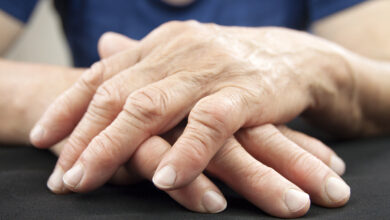What Are Fibroids? Are They a Cause for Concern?

Uterine fibroids are pelvic tumors that some women have. But, they are not cancers and not life-threatening. And those who have them can still get pregnant. They happen when muscle cells in the uterine wall reproduce and form a mass. The majority of women have fibroids in McDonough; however, not all women have symptoms. Thus, you may not even know you have them.
Fibroids grow when there is estrogen. When the supply of estrogen in your body stops during the post-menopausal stage, fibroids will stop growing but don’t go away.
Symptoms of Uterine Fibroids
If you have a fibroid, you may experience pain and pelvic pressure, depending on its size. When a fibroid pushes on your bladder, it can cause you to urinate frequently and make it hard to empty your bladder. Sometimes, the tumor can push on your colon and cause constipation. You may also experience other symptoms such as leg pain and backache.
In addition, the presence of fibroids can lead to heavy menstrual cycles. When your bleeding gets heavier, the increased blood loss can result in anemia and fatigue. Serious anemia can lead to a pica, which will make you crave ice, starch, or dirt. When fibroids outgrow their blood supply, they can degenerate or the tissue will die, causing serious pain.
Fibroids and Fertility
Even if you have fibroids, you are still able to conceive. Unless your fibroids interfere with your uterine lining, they won’t impact fertility. However, if you have fibroids and cannot get pregnant, you can increase your chances if you have the fibroids removed.
When you are pregnant, fibroids may not allow your baby to get into the right position with their head down. A baby may be breech in this case because they cannot move around and get into the appropriate position because of the fibroids.
When to Seek Treatment for Fibroids
Treatment options for fibroids depend on how serious your symptoms are, your age, and your intention to get pregnant in the future. Your options include the following:
- Anti-hormonal medicines- Your doctor may recommend that you take medicines that block or minimize estrogen levels to prevent or decrease fibroids. Also, you may be advised to take anti-progestins.
- Iron supplements- If you have heavy menstrual bleeding, you need to take iron supplements, so you don’t suffer from anemia.
- Anti-inflammatory medicines- These medicines may be prescribed to manage your pelvic pain and discomfort.
- Surgeries- Sometimes, surgical procedures such as myomectomy, uterine fibroid embolization, and hysterectomy are performed to get rid of fibroids.






